 |
Evaluating the outstanding results in the process of implementing the construction of e-government and digital government, Deputy Director of the Department of Science and Technology (KHCN) Nguyen Thanh Hai (photo) said:
Implementing Resolution No. 57-NQ/TW, dated December 22, 2024 of the Politburo on breakthroughs in science and technology development, innovation and national digital transformation, An Giang identified digital transformation as a breakthrough solution, an important opportunity for rapid and sustainable socio-economic development and deep integration of modern technology in all areas of life. The Party Committee and the provincial government are committed to taking the satisfaction of people and businesses as the focus; at the same time, moving towards a "multi-center province" governance model.
The digital transformation in the province has achieved remarkable success, especially in the process of implementing the 2-level local government model. Thanks to the synchronization and data connection between these platforms, the province has achieved many important targets: 100% of public services (qualified) are provided online throughout; 100% of documents exchanged between state agencies are in electronic form; 100% of people use electronic identification authentication via VNeID on all information systems. The satisfaction rate of people and businesses in handling administrative procedures is up to 93.69%. The rate of online settlement records reached 82.91%, far exceeding the target of 50%, affirming the effectiveness of An Giang digital government.
Electronic medical records are deployed in all public and non-public hospitals. Electronic health books are widely deployed by the health sector. Digital transcripts are deployed by the education sector at many levels. The science and technology sector is actively preparing conditions for state administrative agencies to operate, direct and manage entirely on the network environment...
- Reporter: What solutions does the Department of Science and Technology have to promote the application of technology and innovation in building the province's digital government? In the coming time, what key goals will the province focus on to promote digital transformation?
- Mr. Nguyen Thanh Hai: The Department of Science and Technology advises on implementing a series of synchronous and focused solutions to promote the application of technology and innovation in building the province's digital government. These solutions focus on 4 main areas:
Firstly, building a digital government, including perfecting digital infrastructure and information security. The upcoming key goal is to perfect and optimize the infrastructure of shared software systems to ensure stability and smoothness for the 2-level local government model. The Department advises the Provincial People's Committee to develop and perfect the infrastructure of shared software systems and applications (provincial administrative procedure information system, document management and operation system, reporting system, data integration and sharing platform - LGSP) to operate stably, smoothly and effectively. At the same time, strengthen the development of high-quality mobile broadband network infrastructure (4G, 5G) across the province, review and cover white areas and signal depressions.
Ensuring network information security is a key task to maintain the trust of digital government. Agencies and localities deploy tasks to ensure information security at the level of information systems. The provincial police will take the lead in coordinating to complete the process, plans, and solutions to respond to incidents, be ready to quickly restore the operation of information systems when incidents occur, and bring operations back to normal at agencies and organizations within 24 hours or according to business requirements. In particular, the province emphasizes the implementation of periodic offline data backups according to regulations.
The province promotes the reception and processing of records on the provincial administrative procedure settlement information system; continues to promote the digitization of records and results of administrative procedure settlement according to regulations, serving the reuse of information and data to create maximum convenience for people and businesses when performing administrative procedures. At the same time, promote the construction of specialized databases such as land data, civil status and many other specialized databases according to Project 06. The Provincial People's Committee has issued a set of indicators to serve the direction and operation work in the electronic environment, and has put the set of indicators on the province's reporting system, integrated with the province's Intelligent Monitoring and Operation Center (IOC), to be completed in 2025 to serve the work of monitoring, directing, and operating tasks, programs, and socio-economic development projects, promptly responding to emergency situations (natural disasters, epidemics, etc.) based on data and real time.
Second, focus on developing and training digital human resources. The Department of Science and Technology plays a key role in training and popularizing digital knowledge and skills to overcome the shortage of specialized human resources at the grassroots level. Training cadres, especially cadres, civil servants, and public employees of departments, branches, and People's Committees of communes, wards, and special zones on the tasks and functions of commune-level public administrative centers, along with the province's shared software systems according to the 2-level local government model.
The Department of Science and Technology coordinated with the Department of Education and Training, the Provincial Police and related units to organize training courses on universalizing digital skills (e-ID application, using online public services, safe online payment, information security) for more than 1,000 core teachers and students. This force will be the core to help spread and guide the community about digital skills, contributing to accelerating the industrialization process in the province. Universalizing digital skills for community digital technology teams and digital skills to people and businesses through comprehensive online public service guidance at public administrative service centers...
Third, deploying artificial intelligence (AI) and virtual assistant applications in management and operations. To create a breakthrough in management and improve work efficiency, the Department of Science and Technology has coordinated to pilot AI and virtual assistant application systems such as voice-to-text systems to support officials and civil servants in secretarial work at meetings, reduce the time for recording, synthesizing and promptly drafting minutes and announcing conclusions after meetings quickly and accurately. Legal virtual assistants for officials and civil servants help support and promptly answer questions about decentralization, delegation, and division of authority between levels of government based on data from regulatory documents of the Government and central ministries and branches, helping the operation of the 2-level local government model to be smooth and effective.
Integrate Gen AI Chatbot on the document management and provincial administration system to automatically convert documents into advanced knowledge, capable of processing questions to support users in searching for documents by content and keywords, thereby optimizing information lookup and search on the system.
Fourth, promote innovation and digital economic development. To create a premise for innovation and digital economic development, the Department of Science and Technology has solutions to support businesses and technology infrastructure such as approving information technology parks as a premise to attract investment, contributing to the application and development of information technology and attracting high-quality labor. Support digital transformation enterprises, including advising the Provincial People's Committee to issue a plan to support small and medium-sized digital transformation enterprises until 2025, with a vision to 2030.
Currently, the province is implementing 77 provincial and grassroots science and technology tasks, many of which apply 4.0 technology (IoT, AI, remote sensing) to production such as manufacturing an IoT system to automatically monitor and warn of water environment parameters for aquaculture; applying BIM and GIS technology to manage traffic works; building a crop data management system based on remote sensing technology and artificial intelligence to forecast pests on crops.
- Reporter: Thank you!
WEST LAKE - Performed by TU QUYEN
Source: https://baoangiang.com.vn/day-manh-xay-dung-chinh-quyen-dien-tu-chinh-quyen-so-a464792.html


![[Photo] Award Ceremony of the Political Contest on Protecting the Party's Ideological Foundation](https://vphoto.vietnam.vn/thumb/1200x675/vietnam/resource/IMAGE/2025/10/22/1761151665557_giaia-jpg.webp)
![[Photo] General Secretary To Lam and his wife begin their official visit to Bulgaria](https://vphoto.vietnam.vn/thumb/1200x675/vietnam/resource/IMAGE/2025/10/23/1761174468226_tbtpn5-jpg.webp)

![[Photo] Da Nang: Shock forces protect people's lives and property from natural disasters](https://vphoto.vietnam.vn/thumb/1200x675/vietnam/resource/IMAGE/2025/10/22/1761145662726_ndo_tr_z7144555003331-7912dd3d47479764c3df11043a705f22-3095-jpg.webp)
![[Photo] Comrade Nguyen Duy Ngoc visited and worked at SITRA Innovation Fund and ICEYE Space Technology Company](https://vphoto.vietnam.vn/thumb/1200x675/vietnam/resource/IMAGE/2025/10/23/1761174470916_dcngoc1-jpg.webp)

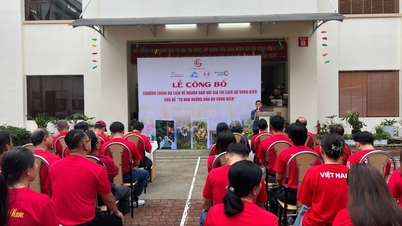


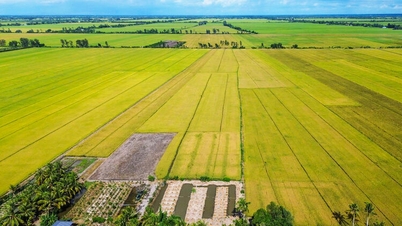


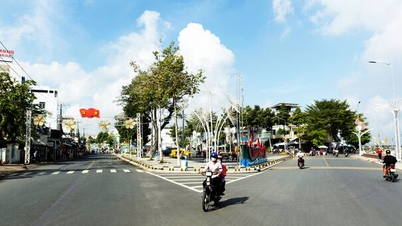




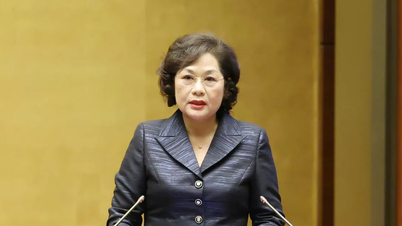
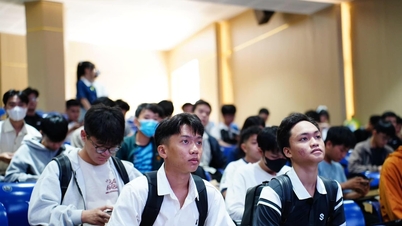

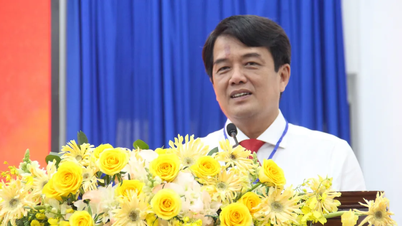





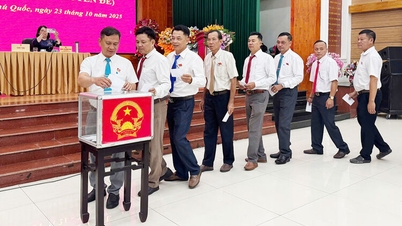
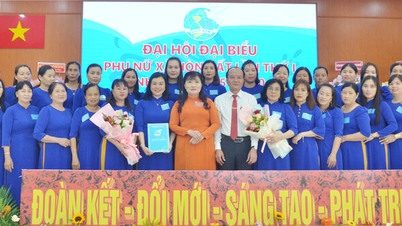

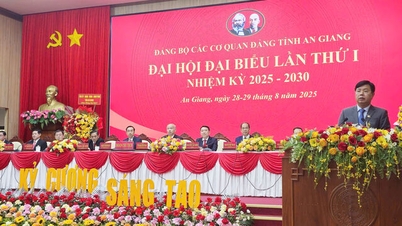

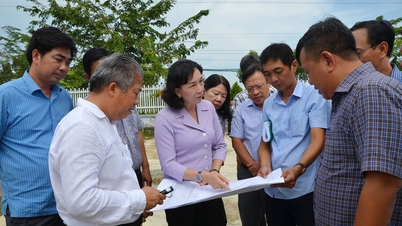

















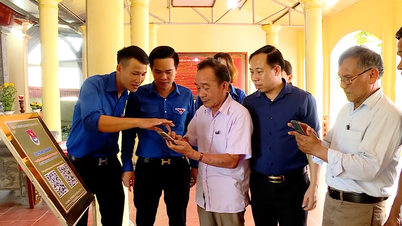






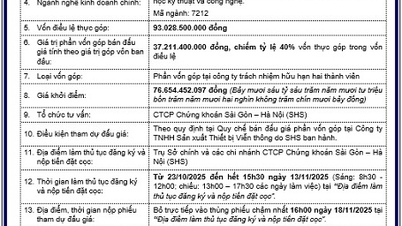
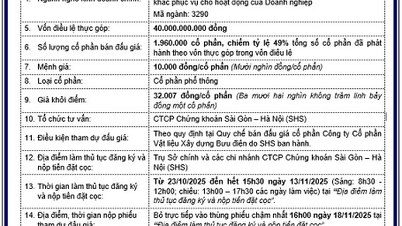


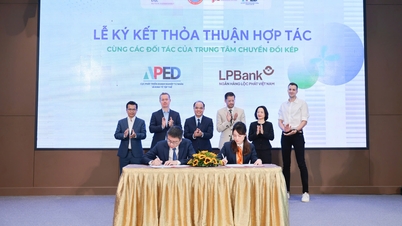



















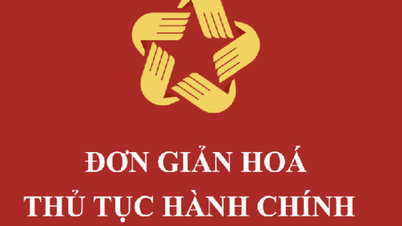
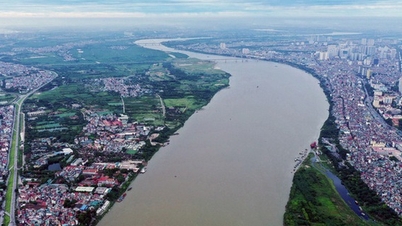
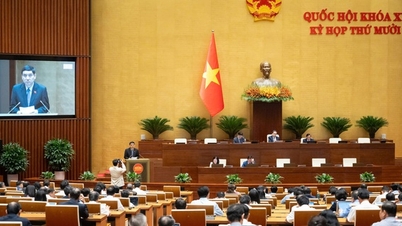
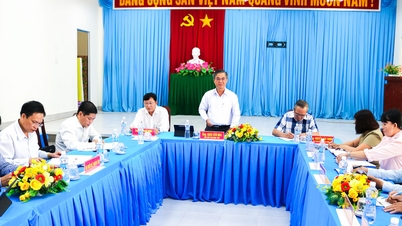


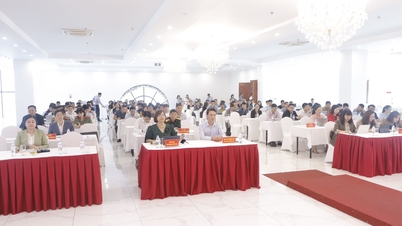




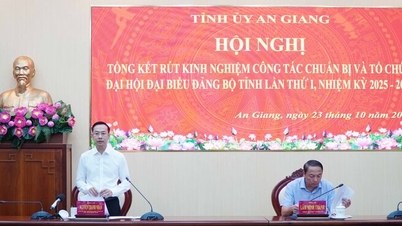















Comment (0)